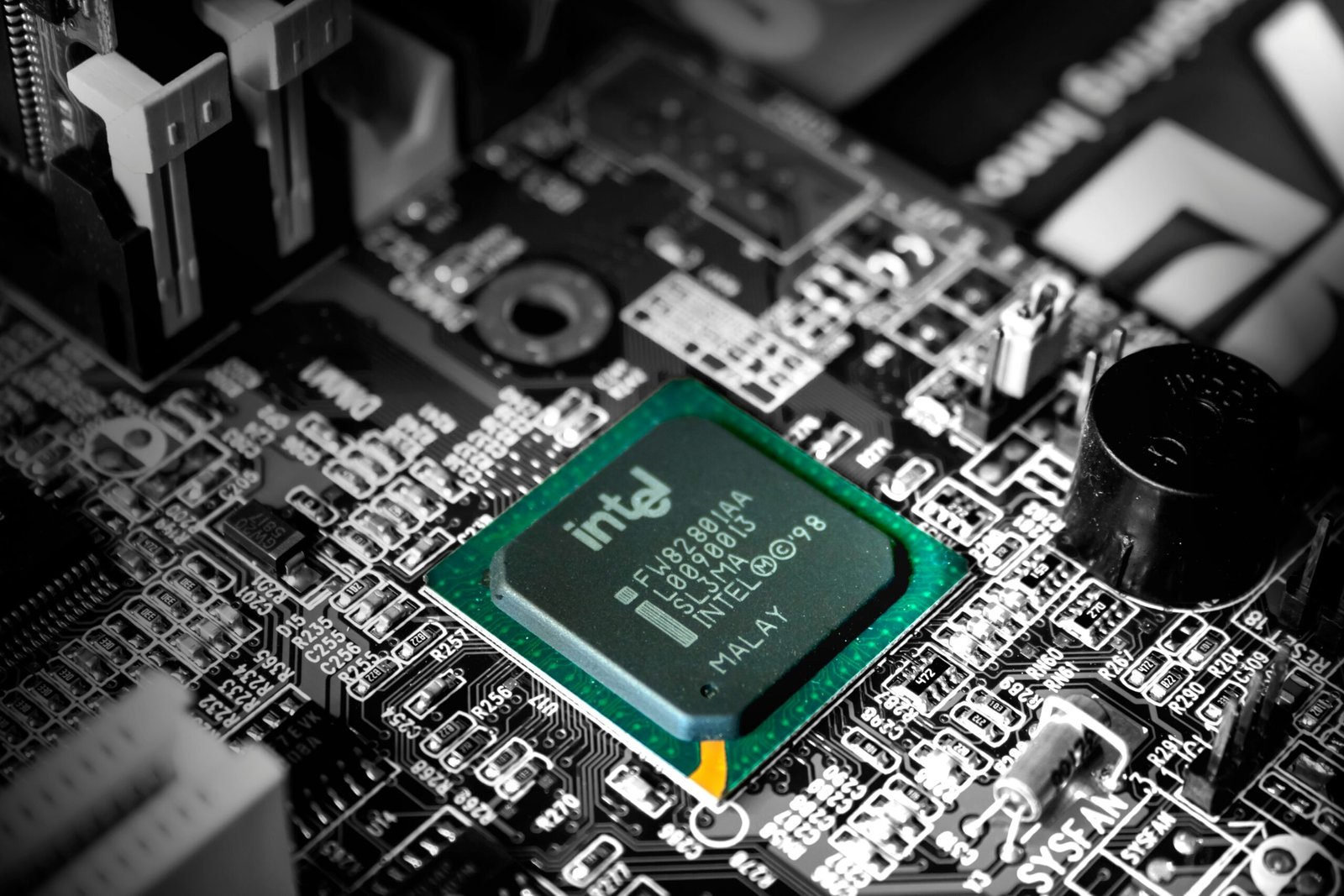Introduction
Artificial Intelligence (AI) is revolutionizing numerous fields, and space exploration is no exception. As humanity endeavors to unlock the secrets of the universe, the integration of AI in this domain plays a pivotal role. From enhancing data analysis to enabling autonomous decision-making, AI empowers robots to operate in environments vastly different from our own. It is this synergy between advanced technologies and robotic capabilities that is reshaping our approach to exploring the cosmos.
The significance of AI in space exploration extends beyond sheer technical capabilities; it represents a profound shift in how missions are conceived and executed. Historically, space missions were heavily reliant on human guidance and intervention. However, as challenges in space become more complex—such as navigating distant planets or undertaking long-duration missions—AI-driven robots offer solutions that streamline operations and mitigate risks. These intelligent systems can process vast amounts of data in real-time, allowing them to adapt to dynamic environments, and make autonomous decisions when human involvement is not feasible.
Common questions arise regarding the implications of AI in space exploration. For instance, how does AI impact the efficiency of missions? What will the future landscape of space robotics look like? The answers to these questions highlight the transformative potential of AI. By automating processes and enabling machines to learn from their surroundings, we not only enhance mission success rates but also push the boundaries of scientific discovery. This foundational understanding sets the stage for a deeper exploration of the multitude of ways AI-powered robots are influencing our quest to understand the universe further.
The Role of AI and Robotics in Space Missions
The integration of artificial intelligence (AI) and robotics in space missions has revolutionized how we explore the cosmos. Autonomous navigation is one of the primary ways AI enhances space exploration. With AI algorithms, spacecraft can interpret complex data inputs from their surroundings to plan flight paths without real-time human intervention. This capability is particularly crucial for missions to distant planets or moons, where communication delays can hinder swift decision-making. For instance, the Mars Rover Perseverance utilizes AI for autonomous navigation, allowing it to traverse the Martian terrain more efficiently, assess potential scientific targets, and avoid obstacles along its path.
Data collection and analysis are other critical areas where AI and robotics contribute significantly. Space missions often generate vast amounts of data, requiring sophisticated processing capabilities to derive valuable insights. AI-powered systems can analyze intricate data sets, identify patterns, and make predictions that support scientific research. For example, the European Space Agency’s Gaia mission employs AI to categorize a vast number of celestial objects by analyzing their light signatures, enhancing our understanding of the galaxy’s structure.
Statistics highlight the impact of these technologies; the use of AI in the Mars Rover missions has reportedly increased the rovers’ operational efficiency by up to 30%. Additionally, missions that leverage AI analytics, such as NASA’s Kepler Space Telescope, have dramatically accelerated exoplanet discovery rates, identifying thousands of new planets in previously uncharted territories. These examples illustrate the transformative potential of AI and robotics in achieving ambitious objectives in space exploration.
Innovations and Future Prospects of AI in Space Exploration
The incorporation of artificial intelligence (AI) in space exploration represents one of the most dynamic advancements in the field. Recently, various innovations have emerged that are considerably transforming how space missions are conducted. For instance, AI-driven systems are now capable of processing vast amounts of data collected from satellites, offering insights that were previously unattainable. This capability allows for enhanced decision-making in complex environments, facilitating real-time adjustments and improved operational efficiency.
Upcoming missions promise to further leverage these AI technologies. NASA’s Artemis program, aiming to return humans to the Moon, plans to utilize AI for autonomous navigation systems and planetary surface operations. Similarly, the European Space Agency (ESA) is developing AI algorithms for future Mars missions. These advancements could enable robots to analyze their surroundings independently, efficiently executing tasks ranging from geological surveys to habitat construction, significantly reducing the need for human intervention.
Moreover, innovations such as machine learning and neural networks are making it possible to predict equipment failures or operational anomalies before they occur. These predictive maintenance capabilities enhance the reliability of spacecraft, reducing mission costs and risks. Research programs are also exploring how AI can assist in extraterrestrial agriculture, paving the way for sustainable life on other planets.
Looking ahead, the integration of AI in space exploration is expected to yield breakthroughs such as improved deep-space navigation and advanced communication systems that can manage data more effectively. As missions expand deeper into our solar system, the reliance on intelligent systems becomes more critical. In conclusion, the future of AI in space exploration is promising, with ongoing advancements poised to revolutionize our approach to understanding the cosmos.
Conclusion and Call to Action
In conclusion, the role of artificial intelligence (AI) in space exploration has rapidly evolved, showcasing its crucial capacity to augment human capabilities while venturing beyond our home planet. Key takeaways from this discussion highlight not just how AI can automate and enhance existing processes in space missions, but also its potential for groundbreaking advancements. From autonomous navigation to data analysis, AI technologies are becoming indispensable partners in unraveling the mysteries of the cosmos and facilitating scientific discoveries. The confluence of AI and space exploration underscores a future where human accomplishments can reach new heights, significantly expanding our understanding of the universe.
For those intrigued by this intersection of technology and space, there are numerous opportunities to explore and engage in this fascinating field. Aspiring researchers, engineers, and enthusiasts can seek out educational resources such as online courses, seminars, and webinars that focus on AI applications in space. Additionally, following current developments through reputable sources, engaging in community discussions, and joining relevant organizations can further fuel one’s involvement and understanding of this dynamic sector.
We encourage readers to reflect on the role of AI in shaping our exploration of outer space. Your insights and experiences could contribute greatly to the dialogue surrounding this topic. Please share your thoughts in the comments section below. Moreover, if you find this article enlightening or believe it could benefit others, consider sharing it on social media. By doing so, you will help foster a broader discourse on the pivotal role of AI in space exploration and inspire others to partake in this exciting journey.




